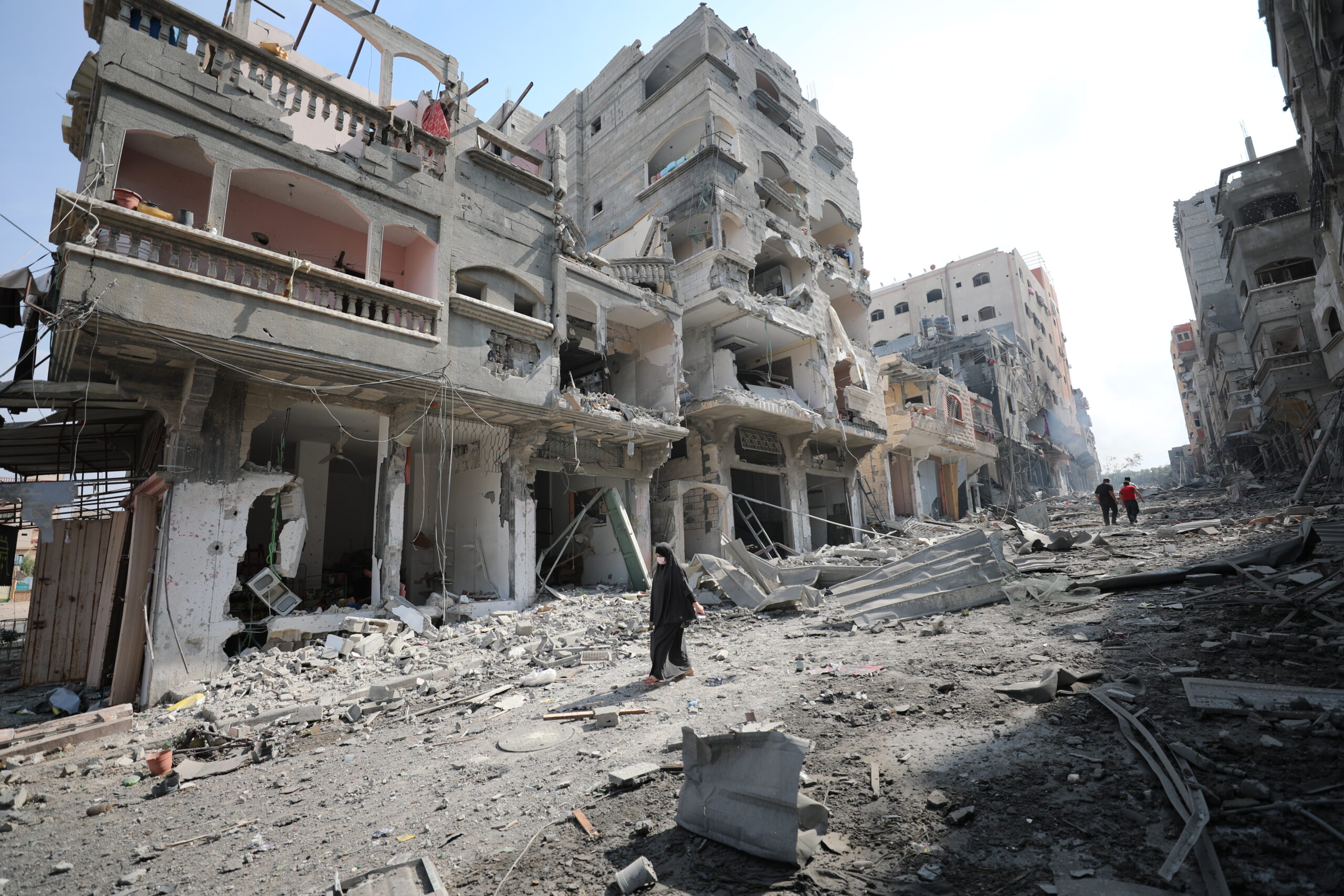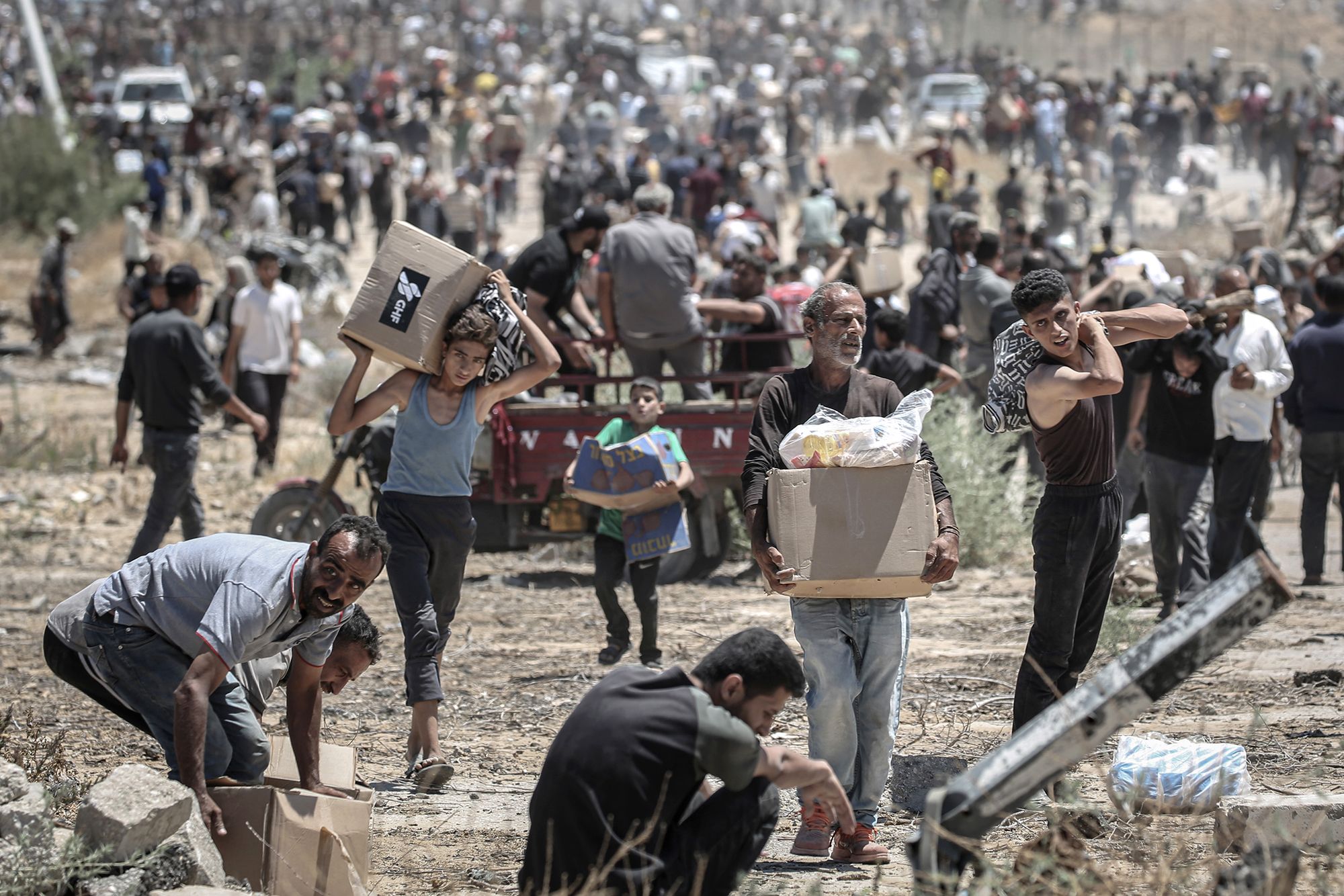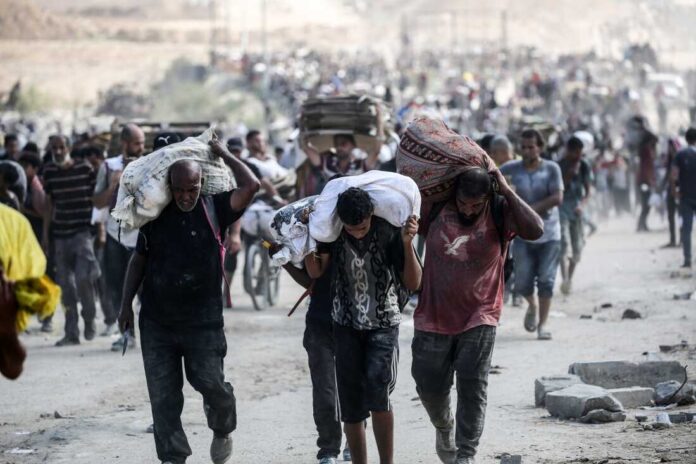Aid Pauses and Ongoing Danger
Israeli forces said they would stop fighting for ten hours each day in Gaza City, Deir al Balah and Al Mawasi so aid could reach people. On July 27 they made that promise. People formed lines around food trucks and hand out points by returning aid groups. They hoped the breaks would keep them safe. Still, soldiers opened fire and killed at least 23 people on Sunday.
They were among crowds that moved close to sites handing out food. A witness named Yousef Abed said he saw people fall and bleed but could not help them. Bullets came without warning and people ran for cover.
Rising Death Toll at Aid Sites

The tally of people shot while seeking food keeps growing. The United Nations human rights office finds that 1,373 civilians have died since May 27 when they went near aid points or convoy routes. More than 859 died near Gaza Humanitarian Foundation distribution sites. Another 514 died along moving aid trucks.
Most of the shots came from Israeli forces, the UN report states. Human Rights Watch says those attacks amount to war crimes at sites backed by the United States and run by the Gaza Humanitarian Foundation. Many aid groups have asked the UN to shut down that foundation because they believe it puts lives at risk.
Famine Drives People to Risk

Gaza holds 2.3 million residents who live under daily threat of starvation. Israel cut off food and fuel for over two months and let in only a trickle since May. The World Health Organization warned that many children and older people face mass hunger. United Nations data shows Gaza needs 500 to 600 truckloads of food each day.
Instead only around 69 trucks make it in. That gap means people pay any price for a loaf of bread. Villages thousands of children go hungry. Men and women hurry toward aid points even if they hear shots. They call the distribution spots death traps. Yet they know they have no choice.
My Take
It feels wrong that pauses meant to save lives instead became times of fear. Leaders need to match words with action. If they claim to halt fire they must protect those who step out to find food. Aid groups must press for true safe zones with firm guarantees. Journalists and the public should demand proof that pauses work before we accept them. Without real steps to stop gunfire, talks about breaks become empty lines in statements.
Sources: abcnews.com

